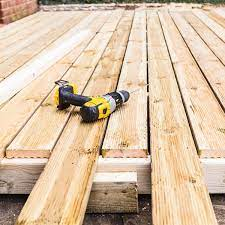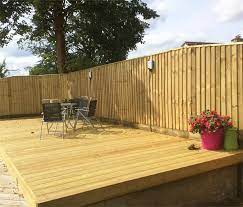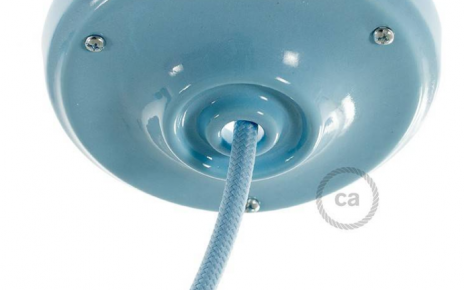The wood you use for decking must be able to withstand a lot of moisture. It will also be exposed to sun, rain and shifts in temperature – so it needs to be strong, stable and hardy. It should also resist rot, fungal damage and voracious insects.

Some species, such as cedar and redwood, are naturally resistant to rot and termites, so they need only periodic staining or treatment with a preservative. Others, such as ipe, are so dense and hardy that they don’t require treatment at all. And some, like jarrah, have the added bonus of being naturally fire resistant. For help and advice from Timber Merchants Portsmouth, visit a site like Timbco who are a leading Timber Merchants Portsmouth company.
Whatever species you choose, look for one that’s certified as coming from a sustainable forest. The Forest Stewardship Council logo indicates that it meets certain environmental standards, including limiting the size of clear-cuts, preserving waterways by retaining trees along their shores, protecting soil quality and prohibiting the use of highly hazardous chemicals. This wood will cost you a little more, but the extra cost is worth it to know that you’re not contributing to deforestation.

Woods that are easy to work with and offer good value include softwoods like cedar, cypress and redwood. They are mildew and termite resistant and can be stained or left to weather beautiful shades of grey. They’re also a little more affordable than exotic hardwoods, such as ipe and cambara.
Other woods that work well as decking include iroko, which is known for its tropical style. Iroko is slow-growing, extremely dense and hard, and produces its own natural oils that guard against fungus and other damaging organisms. It also has excellent stability and dimensional consistency. Balau, on the other hand, is even denser, and oozes class and sophistication. It’s also termite-resistant, rot-resistant and has great resistance to moisture and abrasions.
Other options are native woods, such as oak and larch. Both are very durable and have a high density. If you want your deck to retain a vibrant colour, it’s important that it be treated regularly with a high-quality wood preservative. Otherwise, it will begin to deteriorate within a few years.



